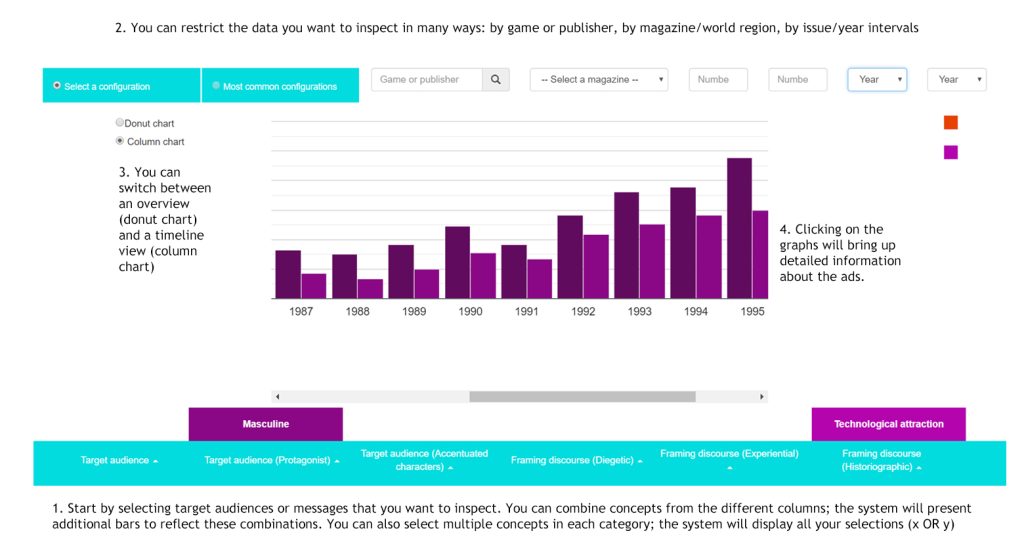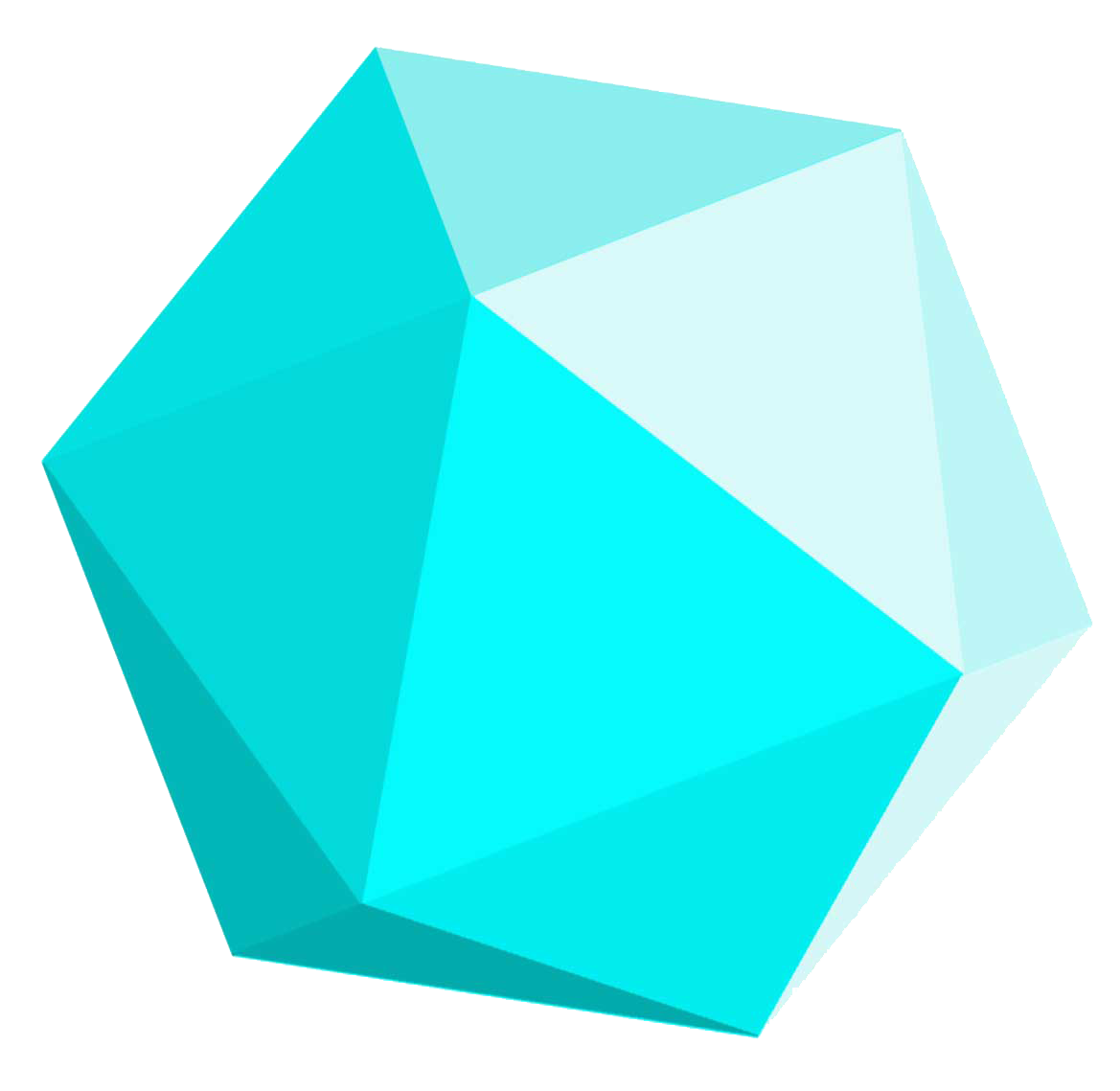Marketing evolution
What is videogame culture? How can one document its evolution, from its inception in the middle of the 20th century until now?
HACS (Historical-Analytical Comparative System) has been designed by scholars at Université de Montréal over the last ten years. It integrates multiple tools through which we can visualize the evolution of videogame culture and perform comparative studies between ten partnering regions (North American / Turtle island, Brazil, Finland, France, India, Iran, Japan, Poland, United Kingdom, Czechia).
The project’s end goal is to provide a better understanding of the videogame experience and its evolution over time through systematic analysis of two types of traces: the gameplay experience of 2000 videogames (selected by diverse expert committees within each of the partnering regions) and the promotional discourse framing tens of thousands of games. We get acquainted with many games only through this promotional contact, and thus it could be said that marketing departments influence our historical imagination to a large extent.
This new version of HACS takes notice of recent change in videogame historiography: the impulse for decolonizing archives, the legitimization of “minor” histories and the necessity to trace back the rich diversity of people and practices that has contributed to the edification of the medium. By 2026, the project will make visible all this richness thanks to the collaboration of selection committees formed with diversity in mind. Results from data encoding will appear in real time on our public interface over this period (more information about the committees: HACS project)
HACS guide: generally speaking, navigation on the interface occurs through progressive trimming of results: each of your selection (of genre, region, concept, etc.) combine in order to reach more specific results. Instructions and definitionsare integrated directly within the interface. You can also select the level of complexity through a menu on the right of the interface.
HACS operates from a relatively limited conceptual framework which doesn’t claim to represent all the complexity of videogame culture. It is but a mere selection seeking to facilitate learning and manipulation of the interface and results analysis. All this conceptual work has been improved over the years following the publication of many scholarly papers. Feedback from the academic community allowed us to make the system evolve beyond its initial scope and limitations. A few concepts and categories have been adjusted consequently. The HACS team would like to send warm regards to everyone who provided criticism and suggestions to make our tools better.


